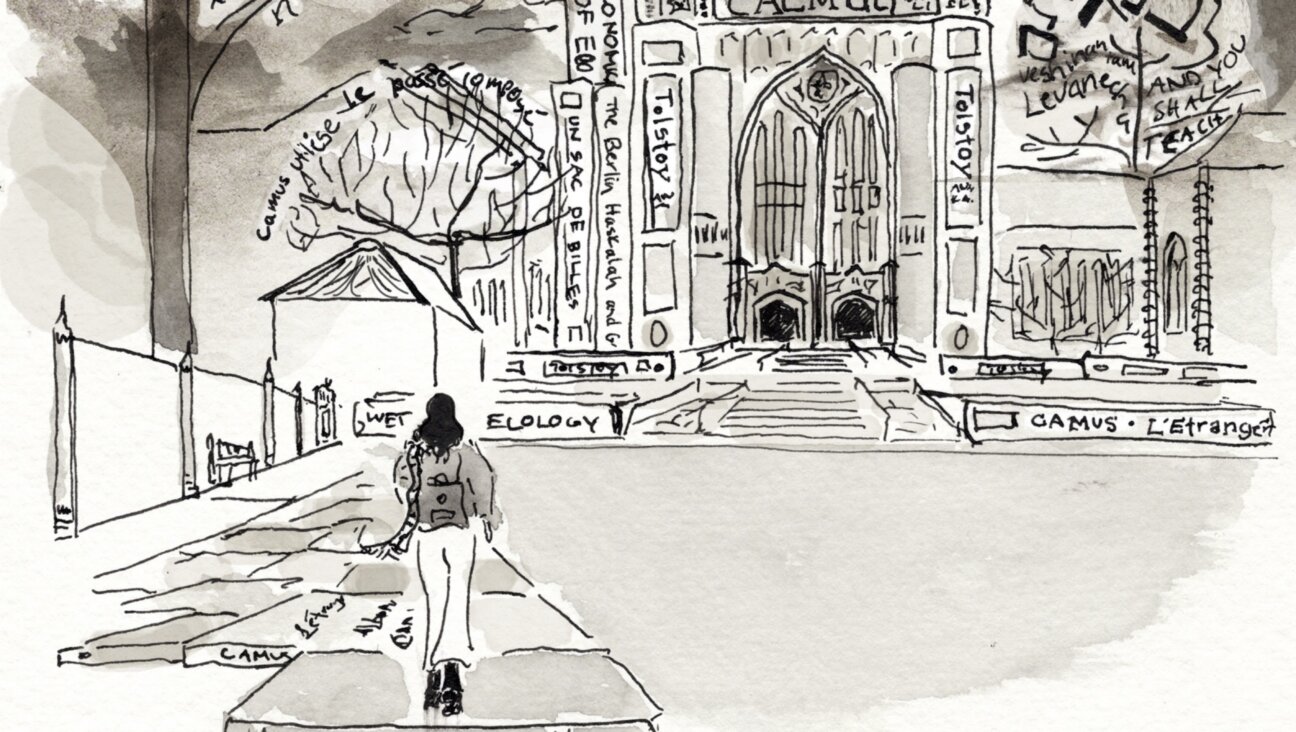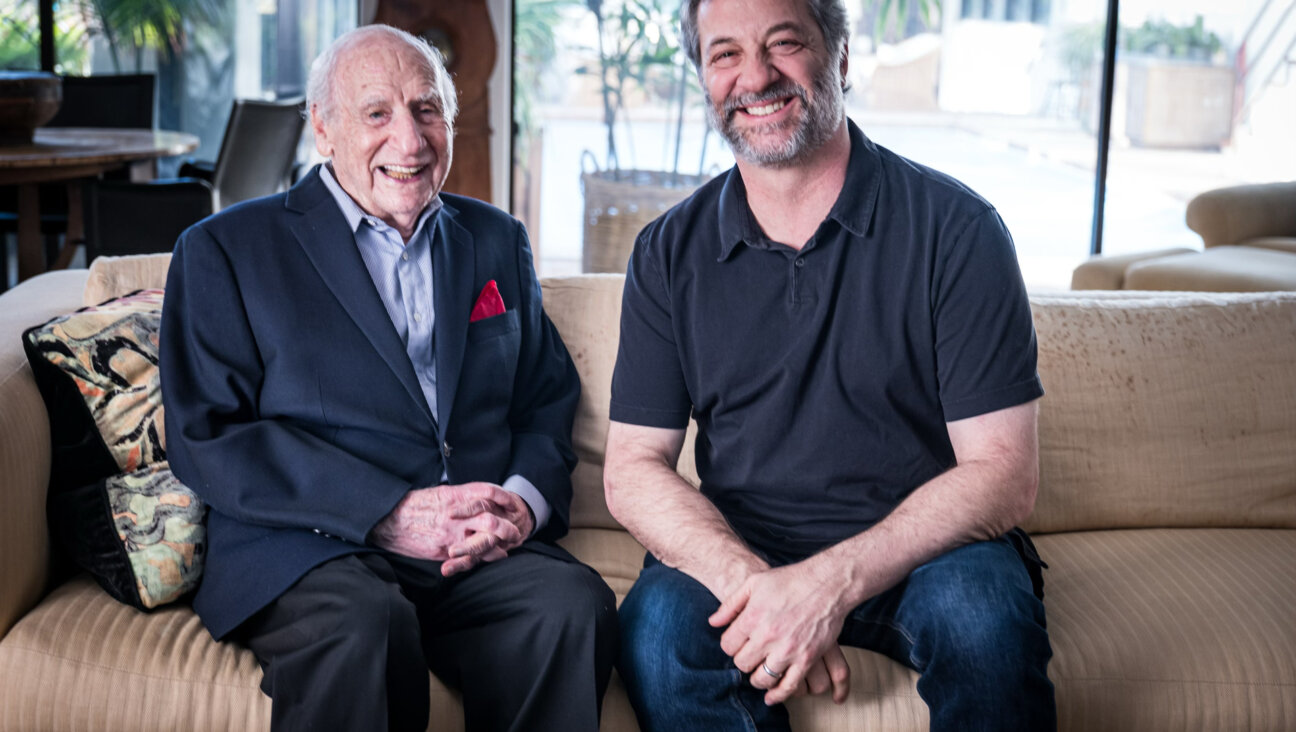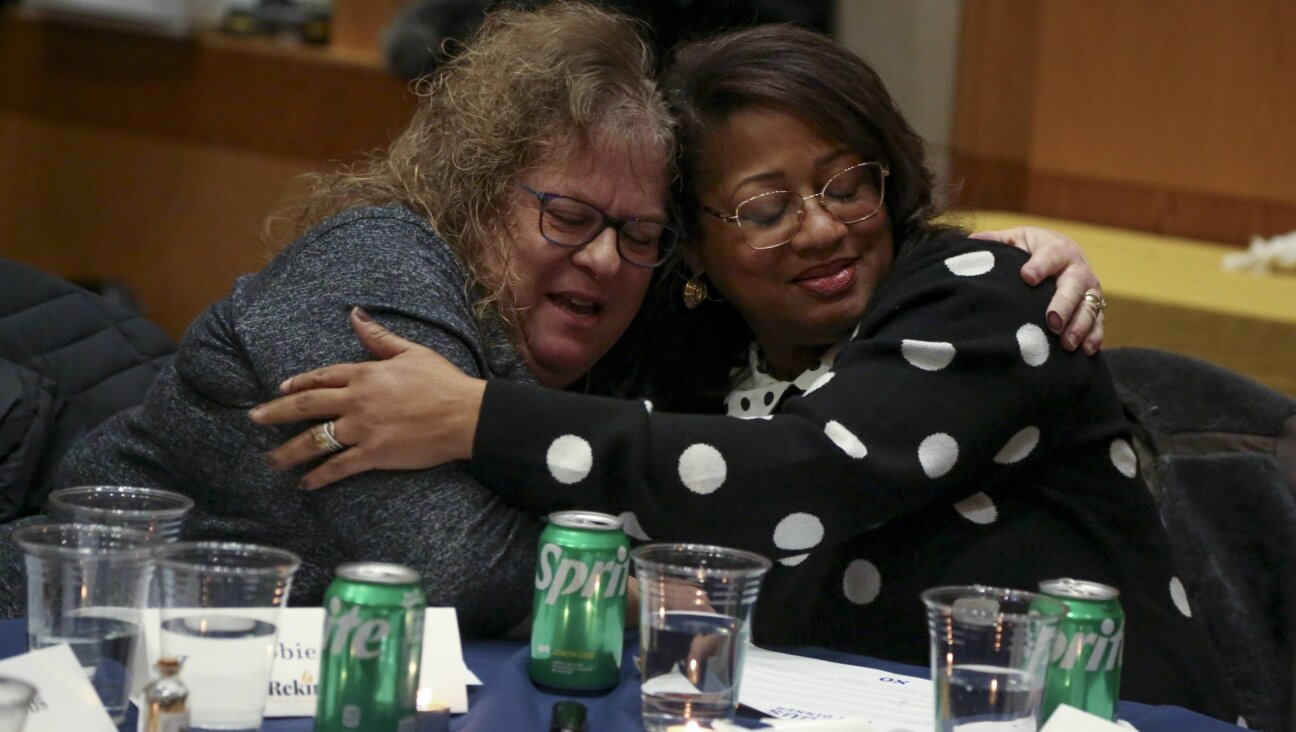The Madness of Beslan
In a place where there are no human beings, the Talmud teaches, see to it that you remain human. When those around you have lost their humanity, cut themselves off from the divine spark within them, that is the time to cling to your humanity with all your might. In a time of madness, keep your head.
The slaughter of the children of Beslan last week by Chechen terrorists and their allies was an act of madness on an order that defies comprehension. Rarely in recent memory has a display of barbarity so united the world community in disgust and shock. For all the atrocities we have witnessed in the last four years, from Ramallah to Bali to Madrid to Darfur, this latest outrage — the methodical capture, torture and slaughter of schoolchildren by the hundreds — stands apart in its inhumanity. One must look back decades, to the depravity of the Nazis, to find an image so utterly at odds with our sense of decency.
But the Beslan massacre is more than an act of madness. It is a signpost along a pathway downward into depravity. Like the September 11 attacks on New York and Washington three years ago, the children’s massacre of September 3 is a demonstration of how far the warriors of jihad are willing to go. It is a declaration that the restraints of humanity have been abandoned and that the depths of depravity have not yet been plumbed.
The human response to such horror is inevitably mixed. Those of us who watch from afar, while horrified, will advise caution and moderation. In responding to a slaughter of innocents, we will say, take care that vengeance is not visited on other innocents. Equally important, take care not to respond with a disproportionate force that drives those on the other side to greater desperation and radicalism, escalating the cycle of violence that we should be seeking to reduce. Act wisely and with mercy. That is the path of humanity.
Those closest to the horror will dismiss these words of caution as a luxury born of distance and safety. When a city has lost its children, the blood boils. In the heat of war, lives will be lost. Let them be on the other side. A price must be exacted. And that, too, is a human reaction.
Both of these reactions are necessary components of a meaningful and effective response to terrorism. Government strategies must be resolute and comprehensive, and at the same time they must be guided by a sense of proportionality and concern for the innocent. Most of all, governments must work together. Russia cannot fight terrorism alone. Neither can the United States. Nor can Spain. They all need each other.
This is not mere hair-splitting. The increasingly global nature of the jihadist threat requires a global response. Governments cannot fight Islamic terrorism on their own, because they face a threat with no single base to topple and no one head to remove. Schoolchildren gunned down en masse in North Ossetia, Nepali day laborers beheaded in Iraq, morning commuters torn apart by bus bombs in southern Israel — all face the same enemy. In today’s world, nobody lives at a safe distance from the threat.
It is true that these various terrorist movements have different origins and differing agendas. The Hamas terrorists in Israel and the territories are part of a Palestinian nationalist movement fighting to drive out an Israeli occupier. The Chechen warriors are trying to win independence from Russia. Iraq is in turmoil over an American invasion intended to topple a dictator. Each conflict has its own story.
But the stories are becoming one. Intelligence reports from around the world indicate that the Chechen insurgency is becoming radicalized under the influence of Al Qaeda and perhaps Iran. Hamas and the Palestinian Tanzim have become virtual extensions of Hezbollah, Iran’s Lebanese proxy militia. As for Iraq, it has been turned in the past year into a gathering place and training ground for jihadis from around the world. As Ben Kaspit reports on Page 1, a global pool of Islamic radicals is emerging, trained in Afghanistan and eager to join the fight wherever they can.
This was not inevitable. On every one of these fronts — in Chechnya, Iraq and the Palestinian territories — choices were made by governments to confront insurgencies with an iron fist. Rather than seek compromise to defuse conflicts while they were still local, leaders chose paths that drove moderates into the arms of radicals. They fixed their eyes on an imaginary vision of perfect harmony with neighbors who shared their every dream and value. Insisting on the impossible, they have achieved — and bequeathed to us — mounting chaos.
It is not too late to change course. Alliances can be reformed. Dialogues can be renewed with adversaries who share some common shred of humanity. Pragmatic, imperfect solutions can be reached that reduce the rage and violence and shift the momentum. What is required is for decent people to reclaim their humanity and raise their voices.















